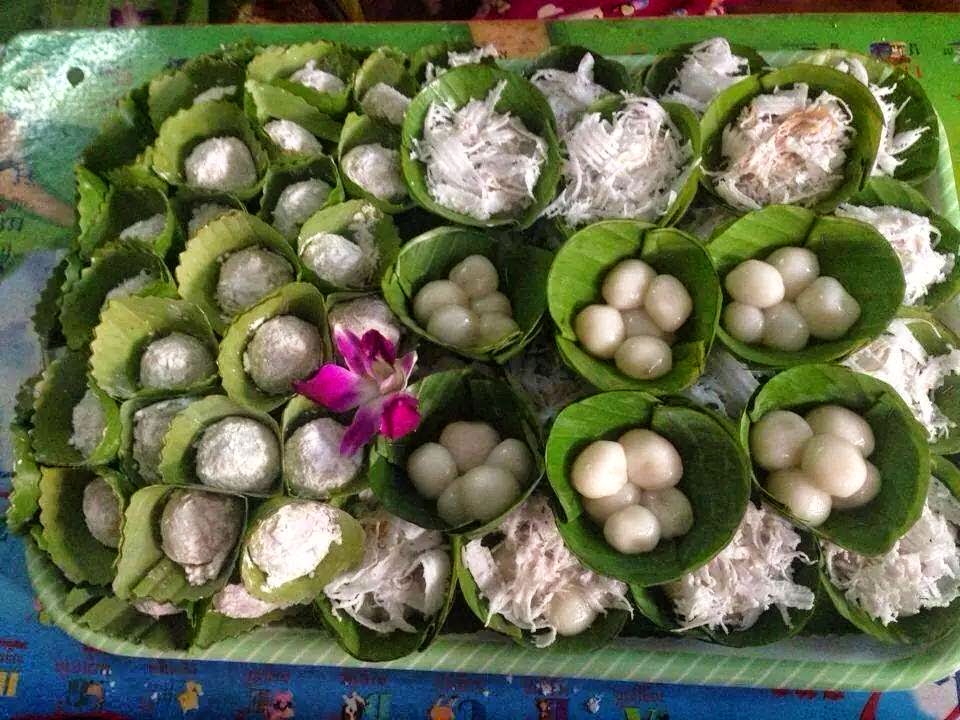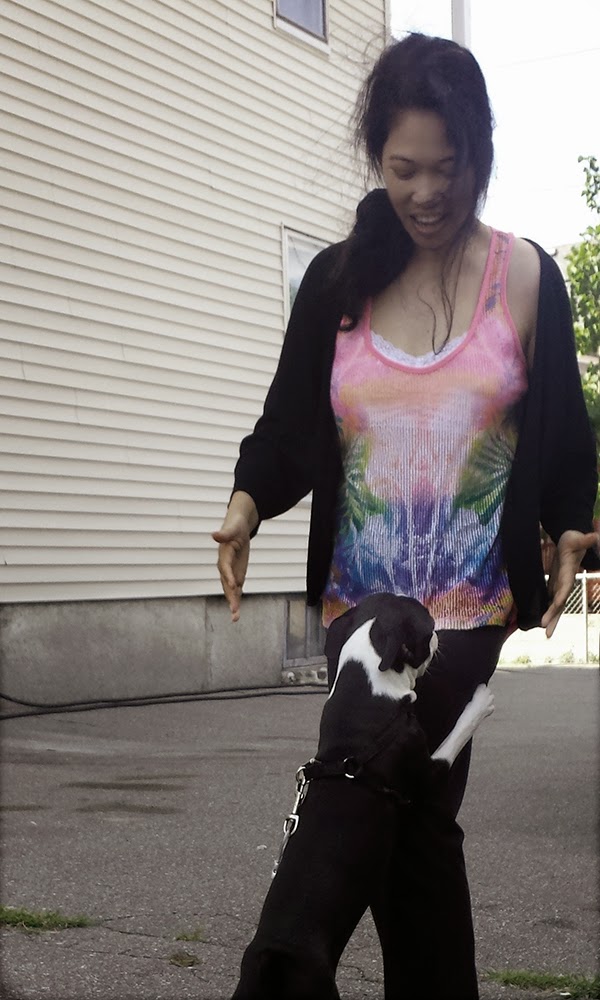Just as a mother with her own life Protects her child
May all beings be filled with joy and peace.
May all beings everywhere,
The strong and the weak,
The great and the small,
The mean and the powerful,
The short and the long,
the subtle and the gross:
May all beings everywhere,
Seen and unseen,
Dwelling far off or nearby,
Being or waiting to become:
May all be filled with lasting joy.
Let no one deceive another,
Let no one anywhere despise another,
Let no one out of anger or resentment
Wish suffering on anyone at all.
Just as a mother with her own life
Protects her child, her only child, from harm,
So within yourself let grow
A boundless love for all creatures.
Let your love flow outward through the universe,
To its height, its depth, its broad extent,
A limitless love, without hatred or enmity.
Then as you stand or walk,
Sit or lie down,
As long as you are awake,
Strive for this with a one-pointed mind;
Your life will bring heaven to earth.
Namu Amida Buddha.


















